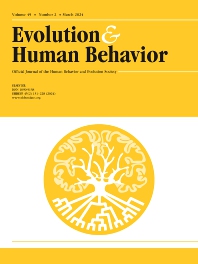Journals in Physical sciences and engineering
Journals in Physical sciences and engineering
- ISSN: 0272-7714
- 5 Year impact factor: 2.8
- Impact factor: 2.6
Estuarine, Coastal and Shelf Science

- ISSN: 1161-0301
- 5 Year impact factor: 5
- Impact factor: 4.5
European Journal of Agronomy

- ISSN: 0195-6698
- 5 Year impact factor: 0.9
- Impact factor: 1
European Journal of Combinatorics

- ISSN: 0947-3580
- 5 Year impact factor: 2.3
- Impact factor: 2.5
European Journal of Control

- ISSN: 0997-7538
- 5 Year impact factor: 3.9
- Impact factor: 4.4
European Journal of Mechanics - A/Solids

- ISSN: 0997-7546
- 5 Year impact factor: 2.3
- Impact factor: 2.5
European Journal of Mechanics - B/Fluids

- ISSN: 0223-5234
- 5 Year impact factor: 6.1
- Impact factor: 6
European Journal of Medicinal Chemistry

- ISSN: 0932-4739
- 5 Year impact factor: 1.6
- Impact factor: 1.9
European Journal of Protistology

- ISSN: 0014-3057
- 5 Year impact factor: 5.3
- Impact factor: 5.8
European Polymer Journal

- ISSN: 1090-5138
- 5 Year impact factor: 3.7
- Impact factor: 3
Evolution and Human Behavior
